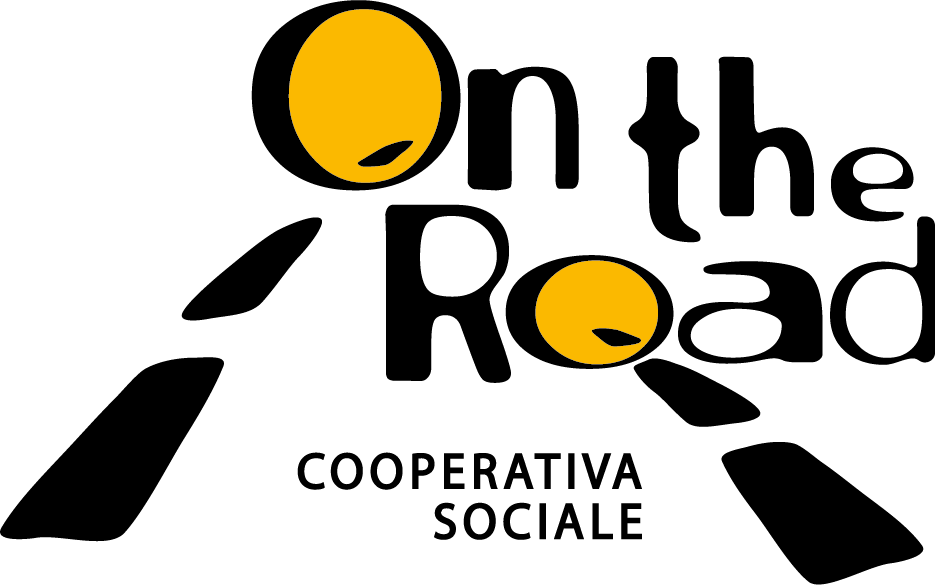BUDDY PROGRAM | mentoring programs for victims of human trafficking, LIBES
The trafficking experience often inflicts complex layers of trauma on survivors. The abuse these people endured may have affected their sense of self and those surrounding them, often resulting in pervasive mistrust of others and interrupting their ability to have healthy interpersonal relationships. Establishing a relationship of trust with a buddy can help victims in their recovery and reintegration.
In this context, five civil society organizations from Belgium, Germany, Italy, and Spain developed mentoring programs for victims of human trafficking within the project LIBES – Life Beyond the Shelter.
What peer – mentoring is?
Mentoring is defined as a structured, non-judgmental relationship with mutual benefits for all parties involved, in which a more experienced individual (mentor) voluntarily gives time to support and encourage a less experienced person (mentee).
In this context, peer mentoring proved to be one of the best tools for long-term integration of victims of trafficking. Thanks to a program through which previous victims of trafficking or local volunteers act as mentors and guides, they start an exchange and connection path with the mentee, to establish a relationship and help victims of trafficking in the delicate process of transition from shelter to independent living.
During the Covid-19 pandemic, our mentors and mentees have had to adapt to special restrictions related to Covid-19. But this situation didn’t stop them from keeping growing in the relationship, sometimes online and sometimes in face-to-face meetings and enjoying the benefits that having a mentor entails.
Some mentees have focused on the job field, getting help to write the CV, to understand what to say and how to behave during a job interview and/or to be supported throughout the path of job search. Others have visited new cities and understood better how to access public administration services, improving knowledge of the surrounding area. Some mentees, finally, shared their experiences and built a relationship by going out together, going to the market or shopping, getting to know each other. Sometimes mentors act as positive role models creating a useful catalyst for change, especially for survivors who may not enjoy family or community support in their life.
The benefits of having a mentor may vary
- personal development, including, for instance, improved enhanced emotional regulation, self-esteem and self-confidence;
- helping survivors integrate into society;
- Central to mentoring is the notion of empowermentEmpowerment L’empowerment, in italiano “potenziamento”, rappresenta un modello di servizio sociale attivo che consente a persone, organizzazioni, comunità, di valorizzare le proprie abilità e individuare risorse aggiuntive in sé stesse, nel proprio gruppo o nel proprio ambiente sociale, al fine di migliorare proattivamente l’equità e la qualità della propria vita.. People who initially choose to migrate are searching for a better future for themselves and their loved ones. They have proved to have the drive and bravery to become actors of change, using their resources and skills to make their choices and find solutions to their problems. Through mentoring, they can find renewed hope and be encouraged to continue to do so.
Peer-mentoring has taught us that meeting each other remains one of the fundamental tools for overcoming our difficulties and improving ourselves, but without being alone.


